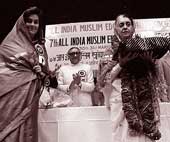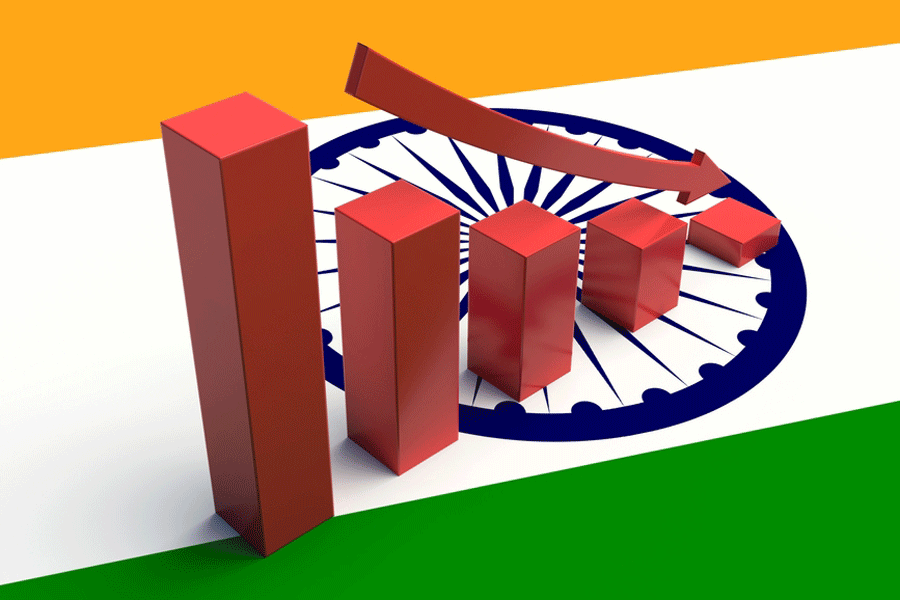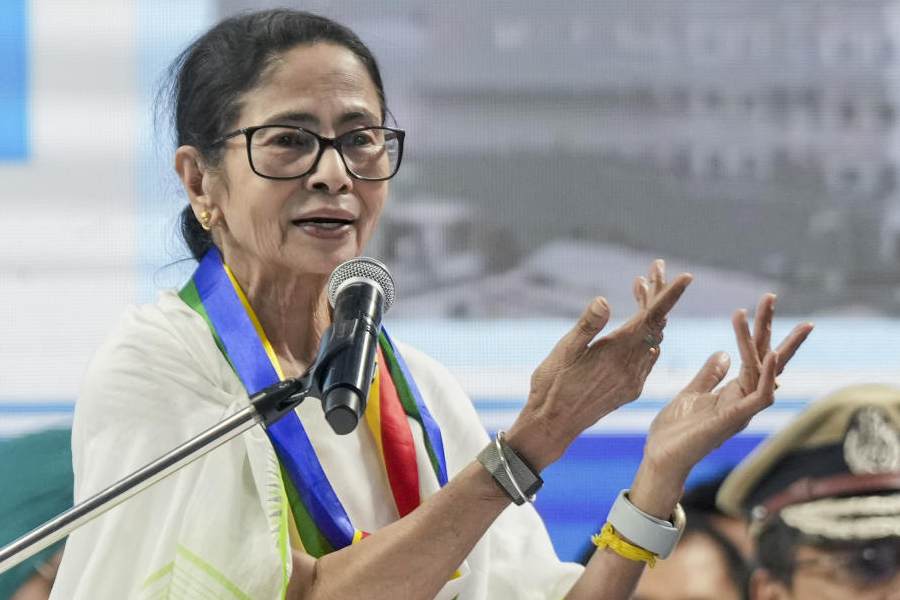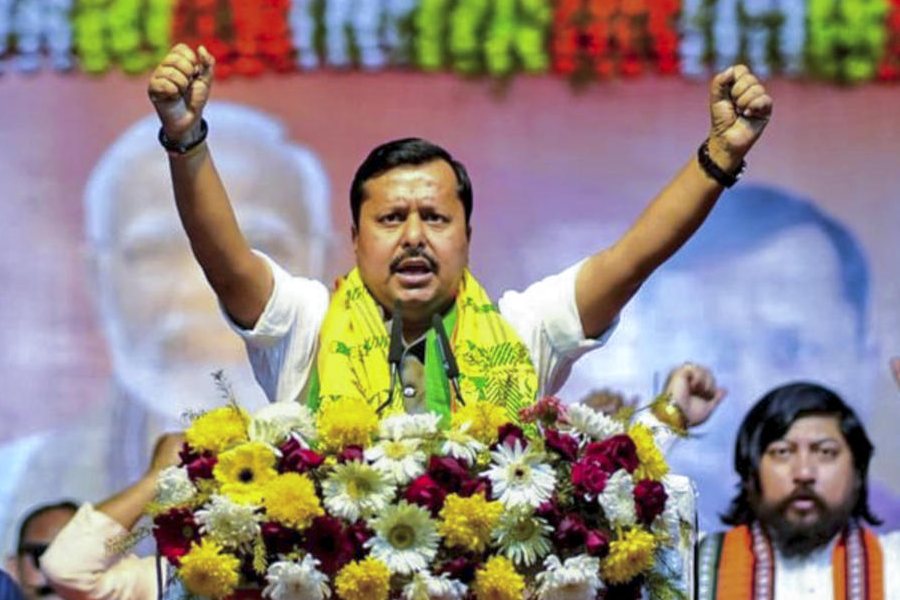|
|
| Good omens |
What do Sania Mirza and Irfan Khan Pathan have in common? They?re both good-looking, for one. And tall. Sania must be five-foot-seven and Pathan hovers around the six foot mark: that?s tall for Indians. They?re both gifted athletes and more importantly, their styles are forthrightly based on power, not the guile and delicacy for which so many of their predecessors, the great Indian losers of the past, were famous. Sania Mirza hits her groundstrokes harder than the Williams sisters while Pathan?s a swing bowler and an aggressive batsman. Also, young as they are, they?re already media properties: both players do charming television commercials for souped-up motor fuels which air on prime-time. And they?re Muslim.
For some that last observation is irrelevant, gratuitous, even oppressive. Ever since Pathan and Mirza vaulted out of obscurity, journalists have made a meal of their Muslim-ness. If you haven?t been living in a cave for the last two years you probably know that Pathan?s father is the Imam of a mosque in Baroda. Sania has been held up as a mould-breaking Muslim girl in the Western press for the skin her skirts show and the things her shirts say. Sometimes she gets fed up of the attention and asks to be left alone, to be given the room to be just another eighteen-year-old. We?ve been told more than once that Irfan Pathan and Sania Mirza are ?practising? Muslims who pray five times a day. (There?s a decent joke about that odd locution in an English novel I read recently. It goes like this: ??Practising Muslims?? he said. ?Keep it up then. Maybe ye?ll get it right one day.??)
Sympathetic critics have asked journalists to stop playing-up their religious identity. One wrote that Pathan should be spared the burden of representing India?s Muslims because it is his excellence as a cricketer that has brought him to our notice, not his devotion to his faith. It?s the argument from fairness: we don?t ask Sehwag if he?s a bell-ringing, prasad-eating, havan-doing Hindu, so why are we so curious about the nature and extent of Pathan?s piety? Besides, a secular world view entails separating religious identity from public life and cricket?s very nearly the only worthwhile part of Indian public life, so shouldn?t we leave their faith out it?
No, we shouldn?t. As far as the argument from secularism goes, it mistakes a received understanding of Western secularism with the Indian take on it. Thanks to our colonial past and the colonial state?s willingness to play Indian communities off against each other, Indian nationalism was strenuously pluralist simply to prove that it represented every human species in India: Hindu, Christian, Sikh, Muslim etc. So it isn?t surprising, unnatural or bad that the great Indian public recognizes the symbolic importance of species representation in every sort of Indian grouping, whether it be a cabinet or a classroom or a cricket team.
We can see this alertness (and anxiety) about representation in the debates about caste-based reservation, about the absence of women in India?s legislatures and, not least, in the interest in Pathan and Mirza as Muslims. Whether we agree with a policy of affirmative action and reservations or not, we can agree that the purpose behind reservations is to make room for groups of people who, because of social prejudice or indifference or lack of opportunity, have gone unrepresented in education and government. Behind the talk of reserving a third of all seats in parliament for women is the recognition that there?s something not quite right about a political system where less than ten per cent of all members of parliament are women. This is not to argue that only women can be represented by women or only Dalits by Dalits: it is simply an intuition that such lopsidedness, such absences indicate institutional obstacles to participation, the absence of a level playing field. There are those who reasonably argue that affirmative action doesn?t, cannot, fix this problem, that it is a pernicious tokenism, but very few would disagree that the near-absence of whole categories of people from public institutions is a reason for concern.
When I went looking for a school for my son a decade ago, I used to stroll up to notice-boards outside classrooms and school offices, hoping to find class lists. If I found them I?d browse through the names looking for clues. If there were no Muslim names (and there were schools where there weren?t any) my enthusiasm for the school would wane. Was this an excess of political correctness? No, not at all. If a good school in Delhi could get by without Muslim students despite the city?s substantial Muslim population, it either meant that Muslims didn?t apply to it or the school didn?t care enough to do what NGOs like to call ?outreach? and both implications, as far as I was concerned, were bad signs.
When my son found a place in a school where Muslim students were a normal part of its enrolment, I felt grateful and reassured that he would grow up in a school that reflected in an approximate way, the world in which it functioned.
This is why we shouldn?t feel self-conscious about celebrating the Muslimness of Sania Mirza and Irfan Pathan because their success tells us that in one sphere of public life, competitive sport, religious identity is no obstacle to success. There are no minority quotas in Indian sport. This is not to argue that quotas in particular and positive discrimination in general are always bad things. In South Africa, setting racial targets for the national team might have been a crude but necessary way of hustling a white cricketing establishment rooted in apartheid into integrating the top level of South African cricket. But it is precisely because there are no Muslim quotas in sport that the success of Sania Mirza and Irfan Pathan is particularly gratifying. If Indian cricket was a matrimonial ad, it would read ?Faith No Bar?. (The same can?t be said for caste and cricket but that?s another story.)
So the next time Sania Mirza wins a tournament or Irfan Pathan takes four wickets in an ODI, don?t let secular scruple prevent you from ticking off the fact that they?re Muslim. Nor should you feel guilty about being more interested in Kaif than Yuvraj Singh for reasons other than cricket. Take a minute, relax and let yourself live in (and think out of) your own history. It would be perfect, of course, if religious identity didn?t matter in India and we went about our lives in a state of secular absent-mindedness. The problem is, India wasn?t made in Heaven; it was made in the violent hell of Partition. Miraculously we still grew into a secular, pluralist republic, but we don?t take the miracle for granted. In our anxious, superstitious way, we keep taking our temperature, touching wood, looking for auspicious signs. For us, Sania Mirza and Irfan Pathan are more than good players, they are good omens.












